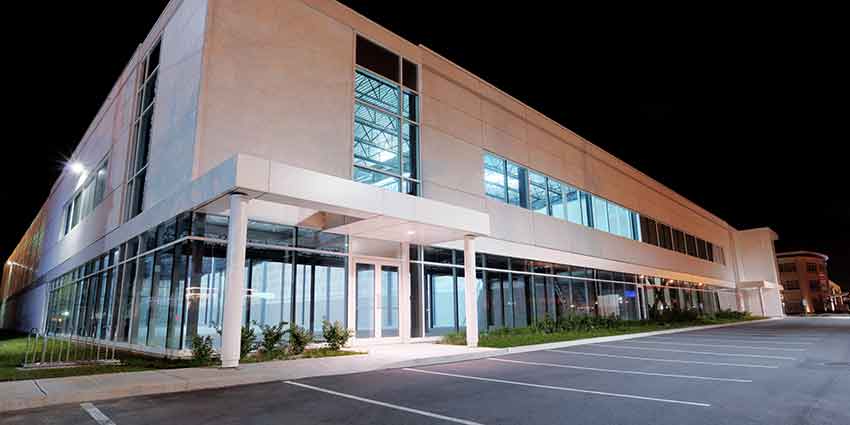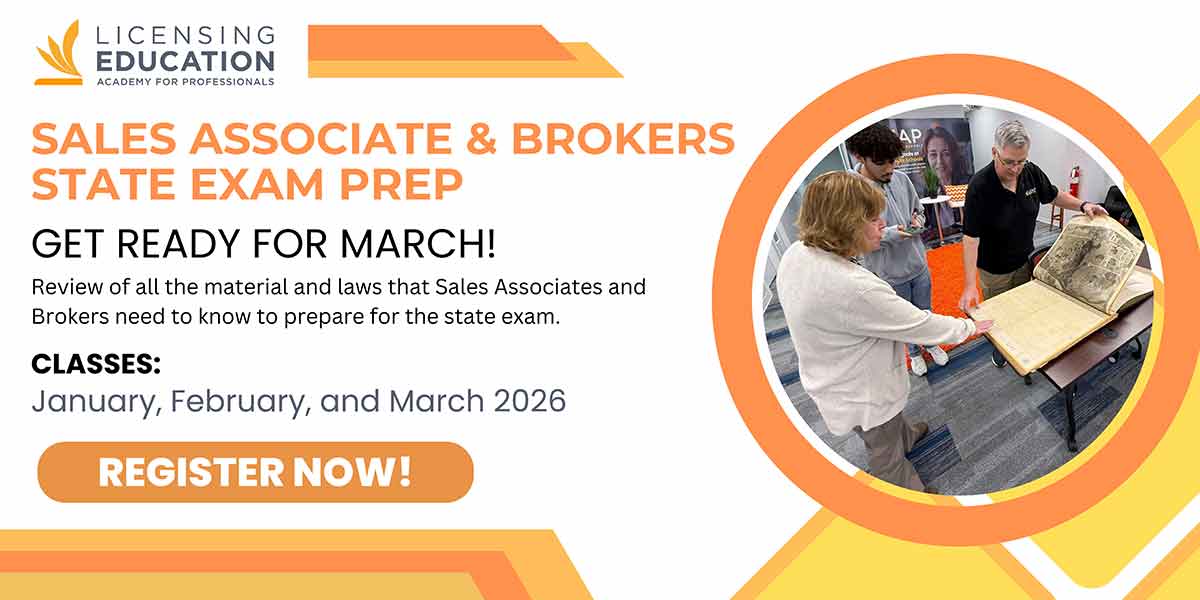The differences between residential and commercial real estate licenses are more than just property types. They show two unique career paths in the real estate industry. If you want to help families find their dream homes, you need to understand what each license means.
This knowledge is also important for guiding investors in big deals. This knowledge will help you choose the right path for your future.
Residential Real Estate License
Residential real estate agents focus on helping individuals buy, sell, or lease homes, condos, and apartments. To begin, agents in Florida need to finish a 63-hour pre-licensing course. They must also pass the state exam and register with a licensed broker.
Key responsibilities include:
- Assisting clients in buying or selling homes
- Preparing comparative market analyses (CMAs)
- Hosting open houses and managing listings
- Guiding clients through the mortgage and closing process
Residential real estate often offers a more personal experience, as agents build long-term relationships with clients and families. The transactions may be smaller than commercial ones, but the emotional impact, helping people achieve homeownership, is huge.
Commercial Real Estate License
Florida does not give separate licenses for commercial and residential agents. However, professionals who want to focus on commercial real estate often seek extra training and certifications.
Commercial agents deal with properties like:
- Office buildings
- Retail centers
- Industrial spaces
- Hotels and multi-family complexes
These transactions are more complex, often involving investment analysis, long-term leases, and property management considerations.
Skills often required include:
- Understanding of capitalization rates (CAP rates) and ROI
- Knowledge of zoning laws and land-use regulations
- Ability to interpret lease agreements and commercial appraisals
Many commercial agents choose to get certifications. One popular certification is CCIM, which stands for Certified Commercial Investment Member. This helps them stand out in a competitive field.
Comparing the Two Paths
| Aspect | Residential Real Estate | Commercial Real Estate |
|---|---|---|
| Client Type | Homebuyers, sellers, renters | Investors, corporations, developers |
| Transaction Size | Lower value, higher frequency | Higher value, fewer transactions |
| Focus Area | Homes and condos | Offices, retail, industrial |
| Training | 63-hour course | Same base license, plus advanced training |
| Income Potential | Moderate and consistent | High but with longer sales cycles |
| Networking | Local communities | Business and investment networks |
Both paths require strong communication, ethics, and market knowledge, but they attract different personalities. Residential real estate is for those who like helping people personally. Commercial real estate attracts professionals who enjoy data, negotiation, and big business deals.
Choosing Your Path
If you’re unsure which route to take, start with a residential license. It’s the foundation for all Florida real estate careers. Once you gain experience and confidence, you can start doing commercial work. Learn about property value, investment analysis, and market trends.
Your career can evolve; many top commercial brokers started in residential real estate before specializing in investment properties.
How LEAP Orlando Can Help
LEAP Orlando offers complete Florida Real Estate Pre-License and Broker Pre-License courses. These courses help you gain the skills and confidence to succeed in any real estate area.
LEAP can help you start and grow your real estate career. Whether you want to assist homeowners or investors, LEAP offers skilled instructors. They also provide flexible learning options.
Explore upcoming classes and take your first step toward success in Florida’s real estate market.






